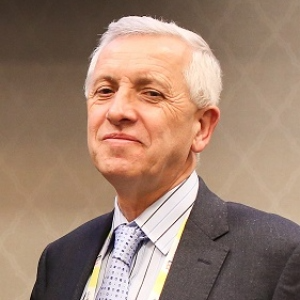Title : Co2-assisted dehydrogenation of propane to propene over Zn-BEA zeolites: Impact of acid–base characteristics on catalytic performance
Abstract:
Research results about the influence of BEA zeolite preliminary dealumination on the acid–base characteristics and catalytic performance of 1% Zn-BEA compositions in propane dehydrogenation with CO2 are presented. The catalyst samples, prepared through a two-step post-synthesis procedure involving partial or complete dealumination of the BEA specimen followed by the introduction of Zn2+ cations into the T-positions of the zeolite framework, were characterized using XRD, XPS, MAS NMR, SEM/EDS, low-temperature N2 ad/desorption, C3H8/C3H6 (CO2, NH3)-TPD, TPO-O2, and FTIR-Py techniques. Full dealumination resulted in the development of a mesoporous structure and specific surface area (BET) with a twofold decrease in the total acidity and basicity of Zn-BEA, and the formation of Lewis acid sites and basic sites of predominantly medium strength, as well as the removal of Brønsted acid sites from the surface. In the presence of the ZnSiBEA catalyst, which had the lowest total acidity and basicity, the obtained selectivity of 86–94% and yield of 30–33% for propene (at 923 K) exceeded the values for ZnAlSiBEA and ZnAlBEA. The results of propane dehydrogenation with/without carbon dioxide showed the advantages of producing the target olefin in the presence of CO2 using Zn-BEA catalysts.
Audience Take Away Notes
- The audience will be able to understand as control of preparation of catalyst systems
- They will see that catalytic activity depend on dispersion of metal in the framework of zeolite
- The researchers will be able, after my talk, do their own catalyst preparation using similar method




